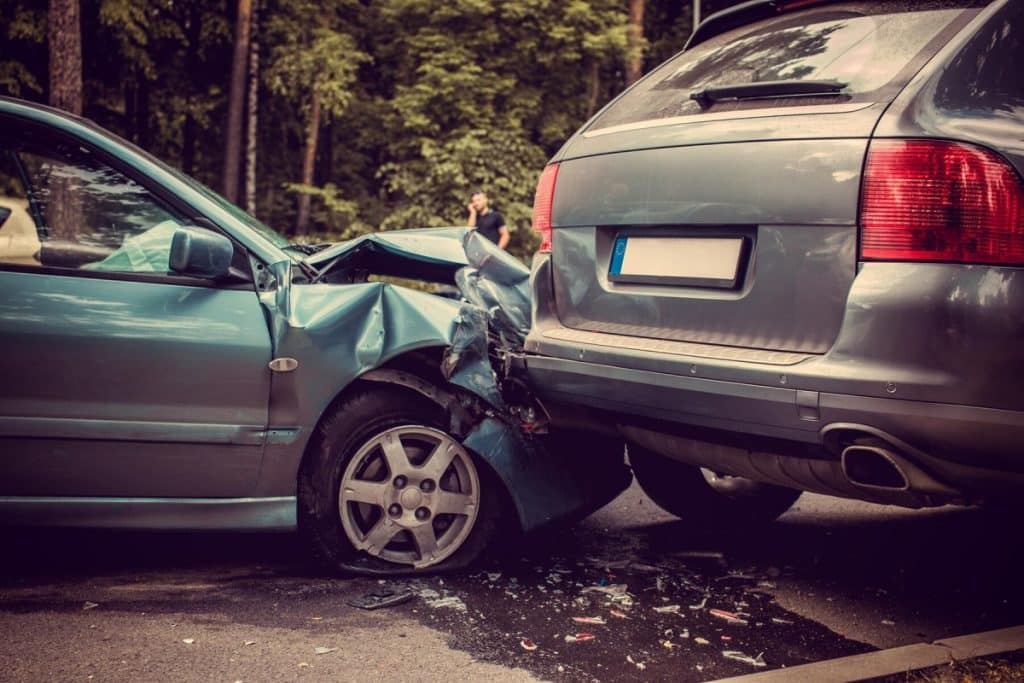Getting into an auto collision can be a stressful experience, leaving you with many questions about the repair process, insurance claims, and your rights as a vehicle owner. To help ease your concerns, here are answers to the top 10 frequently asked questions about auto collisions.
1. What Should I Do Immediately After an Auto Collision?
After ensuring your safety and the safety of others involved, follow these steps:
- Check for injuries and call 911 if needed.
- Move your vehicle to a safe location if possible.
- Exchange information with the other driver (name, contact details, insurance info).
- Take photos of the scene, vehicle damage, and any injuries.
- File a police report if necessary.
- Contact your insurance provider.
2. Do I Have to Use the Repair Shop Recommended by My Insurance Company?
No, you have the right to choose any repair shop you prefer. Insurance companies may suggest a shop from their network, but you are not obligated to use it. Choosing a certified repair facility or a manufacturer-approved body shop ensures high-quality repairs.
3. How Do I Know If My Car Is a Total Loss?
A vehicle is considered a total loss if the repair cost exceeds the car’s actual cash value (ACV). Insurance companies use specific formulas and state regulations to determine this. If your car is declared a total loss, the insurance company will typically offer you a settlement based on its market value.
4. How Long Will Collision Repairs Take?
Repair times vary depending on the severity of the damage, availability of parts, and workload at the body shop. Minor repairs can take a few days, while major structural damage may take several weeks. Your repair shop should provide an estimated completion time.
5. Will My Insurance Cover the Cost of a Rental Car?
This depends on your insurance policy. If you have rental reimbursement coverage, your insurer will cover the cost of a rental car while your vehicle is being repaired. Check your policy to confirm coverage limits and rental period allowances.
6. What Happens If the Other Driver Is Uninsured or Underinsured?
If the at-fault driver does not have insurance, your uninsured/underinsured motorist (UM/UIM) coverage can help cover repair costs and medical expenses. If you don’t have UM/UIM coverage, you may need to pursue legal action against the at-fault driver.
7. Will a Collision Claim Affect My Insurance Rates?
Filing a collision claim can impact your insurance premium, especially if you are at fault. However, factors like accident history, claim amount, and state regulations determine how much your rates may increase. Some insurers offer accident forgiveness programs to prevent premium hikes after your first accident.
8. What Types of Parts Will Be Used in My Repair?
Repair shops may use OEM (Original Equipment Manufacturer) parts, aftermarket parts, or recycled parts. OEM parts are made by the car manufacturer and are often preferred for quality and fit. Aftermarket parts are less expensive but may not meet OEM standards. Your insurance policy may influence which parts are used, so check your coverage.
9. Can I Get an Estimate Before Filing an Insurance Claim?
Yes, you can get a repair estimate before notifying your insurer. Most body shops offer free estimates, allowing you to understand the repair costs before proceeding with an insurance claim. However, if you plan to use insurance, your provider may require an approved inspection.
10. What Should I Do If I Disagree With the Insurance Company’s Settlement Offer?
If you believe the settlement offer is too low, you can:
- Request a re-evaluation and provide documentation (such as higher repair estimates or comparable car values).
- Hire an independent appraiser.
- Negotiate with the insurance adjuster.
- Seek legal assistance if necessary.
Dealing with an auto collision can be overwhelming, but understanding the repair process, insurance policies, and your rights can help you navigate it with confidence. If you’re ever in doubt, consult with a trusted auto body repair shop or insurance expert to ensure you get the best possible outcome for your situation.
